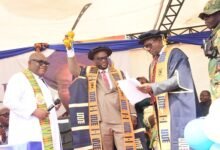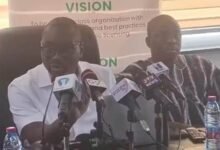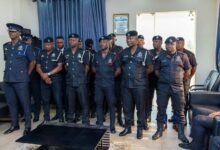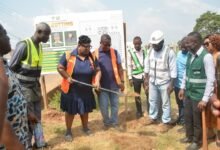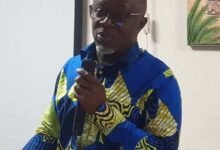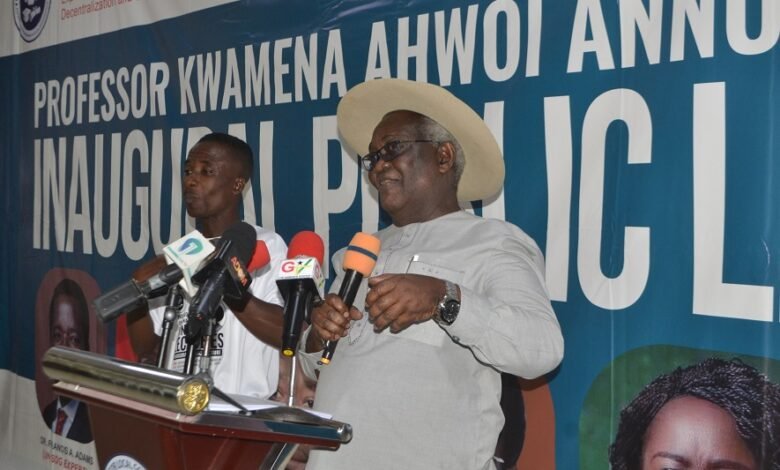
The former Minister of Local Government and Rural Development, Professor Kwamena Ahwoi, has proposed 15 programmes of action to help improve the country’s decentralisation and local governance system.
He classified the 15 programmes of action under political decentralisation, administrative decentralisation, decentralised planning, fiscal decentralisation, and popular participation.

Prof. Ahwoi made the call on Thursday at an inaugural public lecture, dubbed; ‘Professor Kwamena Ahwoi Annual Lecture,’ organised by the Chamber for Local Governance (ChaLoG), an independent think tank, in Accra.
Held on the theme: ‘Decentralisation, Local Governance and Local Development in Ghana: The Past, Present and the Future,’ the event brought together stalwarts of the National Democratic Congress (NDC), past and present Metropolitan, Municipal and District Chief Executives (MMDCEs), the Development Chief of the Ga State, Nii Kojo Ashiefie Papanyira I, and other dignitaries.
Such programmes involved the constitutional definition of the concept of decentralisation, consensus building on the election of MMDCEs, and the constitutional amendment to resolve the issue of the election of Presiding Members by two-thirds of members of Metropolitan, Municipal and District Assemblies.
Others were the implementation of the draft legislation to decentralise the education and health sectors as they were the sectors affected and were closest to every individual, and the update and presentation of the Local Government (District Assemblies Borrowing) Bill to parliament for enactment.
According to Prof. Ahwoi, the proposals were important because “the visions of the future of decentralisation and local governance in Ghana envisaged by the Ministry of Local Government, Decentralisation and Rural Development, and the two major political parties, the NPP and NDC, only partially address the challenges facing the sector.”
He also took the opportunity to touch on the various transitions that the decentralisation and local government sector had gone through, from the first to the fourth republic.
Prof. Ahwoi further stated that the proposed programmes could only be achieved through consultation and consensus building, and, therefore, called for a national stakeholder conference on decentralisation.
“With a truly decentralised local governance system, we should have a local government system that is in charge of local affairs and that calls the shots locally, a local government system that is a local government of the local people, by the local people, and for the local people,” he noted.
The President of ChaLoG, Dr Richard Fiadomor, acknowledged the contributions made by Prof. Ahwoi to the transformation of the local governance system and the development of the country.
Additionally, he explained that the lecture was designed to constructive dialogue on decentralisation, local governance, and local development and aimed to tap into the experience of experts in the sector.
Dr Alfred Okoe Vanderpuije, the chairman of the event, said it was important to celebrate individuals such as Prof. Ahwoi while they were alive, adding that the current state of the country’s local governance system required a sense of collective responsibility and commitment by all stakeholders.
BY BENJAMIN ARCTON-TETTEY



